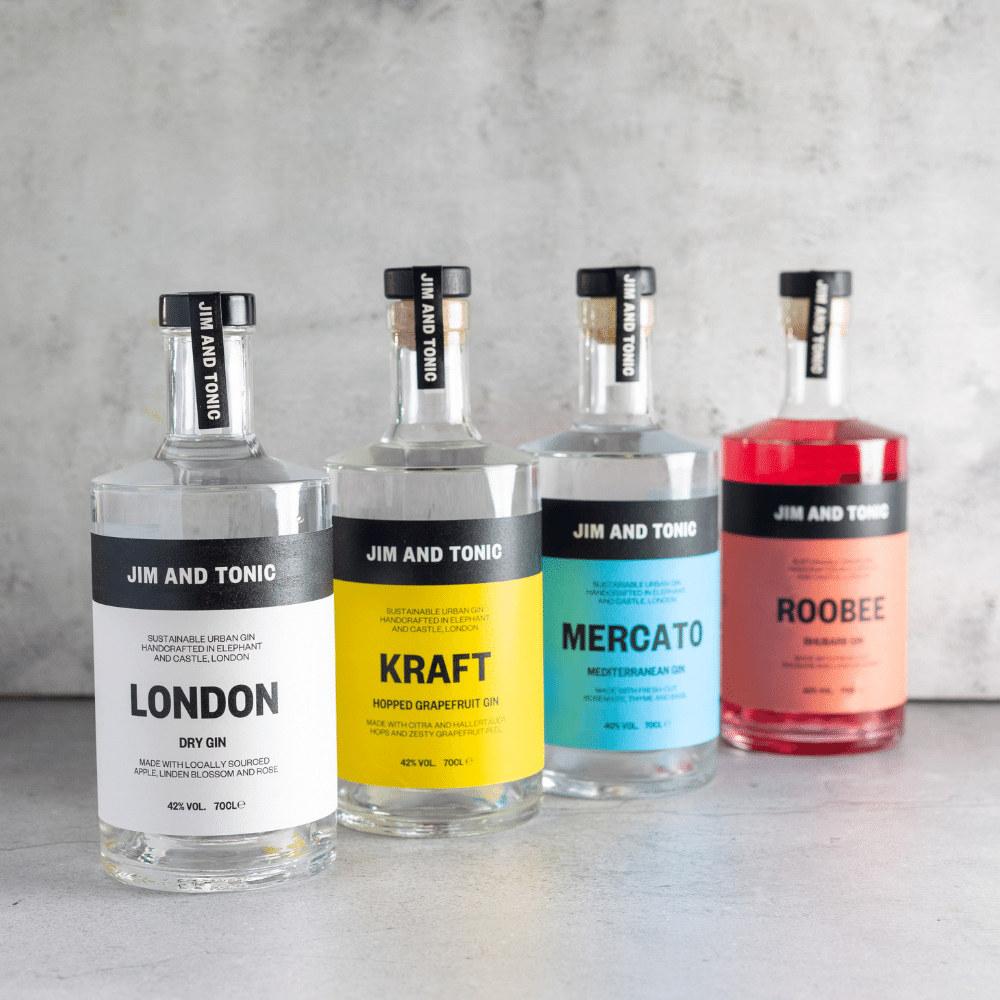During the 17th century in Flanders (now the Netherlands), chemist and physician Franciscus Sylvius is widely credited with creating gin. Because the distillation process has defects, juniper berries are utilised to mask them. This would mark the beginning of the many developments of inventing the modern gin and tonic.
It All Started with Genever and Ended with Gin
Genever, jenever, and gin are all variations of this spirit's name. During the Thirty Years' War, soldiers from England's Third Army in Holland discovered a new beverage.
This victory was hastened by the Distilling Act of 1690, which ended the monopoly of the London Distillers' Guild. Gout and gallstone pain are traditionally treated with Genever.
To enhance the flavour of the alcohol, you can use juniper berries in the aromatisation process. King William III of Orange restricted Brandy imports from France as France and England fought over religious and political differences.
The Pursuit of Excellence
During the last century, gin has gone from being referred to as "Dutch Courage" to "Mother's Ruin." Brandy was a hit with the city's working class because it was inexpensive and made at home. However, excessive consumption of subpar gin in London's slums wreaked havoc in society..
Gin and tonic have overtaken Brandy & Soda as the favourite aperitif of the British upper classes. Because of their accessibility to spices, English port towns saw an increase in the number of distilleries.
This region is the birthplace of many well-known British gin brands, including Plymouth, Tanqueray, and Beefeater.
Improvements in distillation led to a revival of gin in the twentieth century. "London Dry" gin (see "Types of Gin" page) gained popularity in the 1920s. The rest of the century was destroyed by the Great Depression, Prohibition in the United States, and World War II. Since its rediscovery in Europe, this spirit's appeal has risen.
The Gin Types
Juniper must be the primary gin flavour, a distilled and flavour-infused spirit primarily based on neutral alcohol. By design, it must be at least 37.5 per cent alcohol by volume.
The aromatisation of this spirit is what will give it its unique character. When a gin isn't made from neutral alcohol, it might also be its alcoholic foundation.
Gin is made by distilling a blend of botanicals, usually a fragrant bouquet, with an alcohol base. Juniper must be present in the aromatic plants used, either as juniper berries or as a distillate.
Using the "vapour infusion" method, the distiller incorporates aromatics into the finished product.
The Origins of Tonic
Pierre-Joseph Pelletier and Joseph Bienaimé Caventou, two French pharmacists, invented tonic. It is also referred to as "tonic water" in certain circles. Quinine is harvested from a plant and used to make this drink.
Water was first charged with carbon dioxide by Swiss watchmaker and scientist Johann Jakob Schweppe in the 1780s. Chalk and sulfuric acid are mixed to create a chemical reaction.
The gas is then collected and stored in a heated tank, which you may use again. The water is gasified by stirring the mixture while it heats up.
Introduction to Ginton and Tonic
Gin, tonic water, and citrus peel are the ingredients in the gin & tonic. As Winston Churchill famously said: "Gin and tonic have saved more English lives and souls than all the physicians in the Empire," this cocktail became very popular.
A wide range of tonic water quality and variety available today make for excellent gin pairings. Allegedly, Dutch and British colonial corporations are credited for creating it in the 18th century. However, this is widely believed to be an urban myth.
The tonic water used to treat malaria is the basis for this drink. However, quinine had an overpowering bitterness to it. To balance the flavour, people added sugar and alcohol to make it more palatable.
Conclusion
Classic gin and tonic is a delightful drink with a long and rich history. A medicinal elixir in its infancy, gin was transformed into the widely consumed alcoholic beverage we know today only after the British began occupying India. If you're looking for a brew that's both sweet, sour, and bitter all at once, this one's for you!
Visit our East London gin bar and distillery in Stratford.












